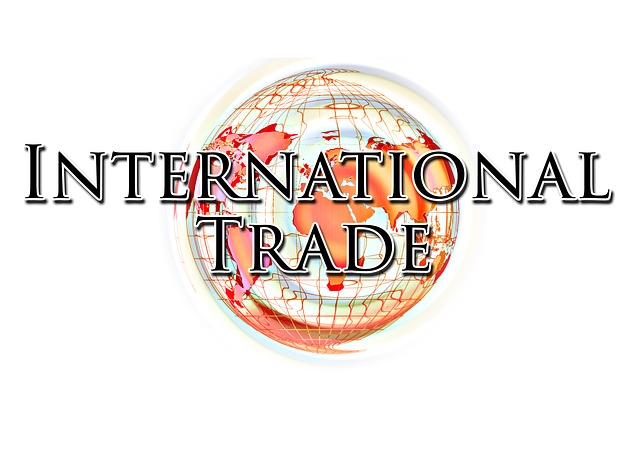International trade is a very complex topic, but one every entrepreneur should have a basic understanding of. Of course, there’s no better place to start with learning about international trade than the subject of trade tariffs.
What are Tariffs?
Tariffs are defined as an additional imposed on goods that enter a specific country. You could call it an importation tax, if you may.
While the concept of the tariff is basic and easily understandable, the overall strategy of its usage is what is complex. For example, there is question of why a country imposes tariffs at all. This is actually a very relevant question in this age of free trade and commerce.
Why Do Countries Impose Tariffs?
In addition to earning governmental revenue on the importation of foreign goods, a government may choose import tariffs on specific goods from a specific country for the following reasons:
-
To protect an industry
When the goods coming in to the country are from an industry which the government wants to protect, it may choose to impose a tariff. For example, if canned goods manufacturers import beef from China to the United States, even though there are beef produced locally, the government will want to create competition by charging tariffs and raising the price of imported beef.
-
To protect consumers
If the government deems an imported product to be a threat to consumers’ health, it may choose to influence market prices by imposing tariffs. Let’s say South Korean wholesalers are importing American cigarette brands. If the government wants to discourage purchase of the cigarettes because of health risk, it may introduce a tariff.
-
To protect local employees
This is apparent in the first bullet point above. If canned goods manufacturers prefer to import beef rather than purchase them locally, it could put people out of business. In addition, if there is a preference for imported canned goods in the market, it could force local manufacturers to cut costs and fire a fraction of its labor force.
In these scenarios, the government may choose to step in and introduce tariffs in order to protect the labor force
-
To safeguard national security
There are industries that are vital to any nation’s interests and national security. Tariffs and many other measures are just one method to safeguard these industries. The types of industries vary from one country to another, but companies who are locked in contract with the armed forces are a good example.
-
Economic retaliation
International trade is governed by rules, and partnerships are bound to follow the rules stipulated by a contract. For instance, if one of two countries in a free trade agreement decide to introduce tariffs on an industry covered by that agreement, the other country may retaliate by doing the same.
In Thailand, tariffs may not be that common because of the country’s status as a member of ASEAN, and its free trade agreements with various nations like the United States, Japan and Australia. However, it’s still a topic worth looking up as it is one of the prime factors behind price movement in the market.
Be sure to check back for more articles like this.
Photo credit : pixabay.com






